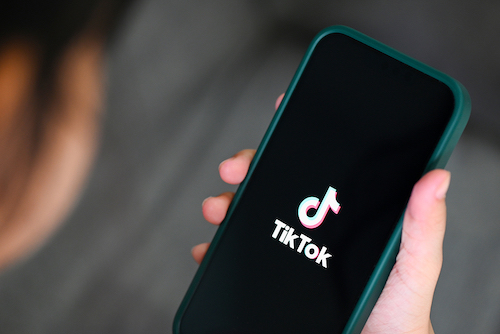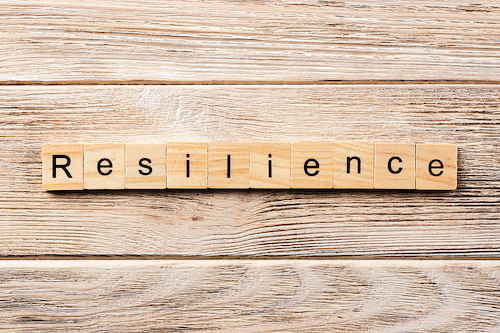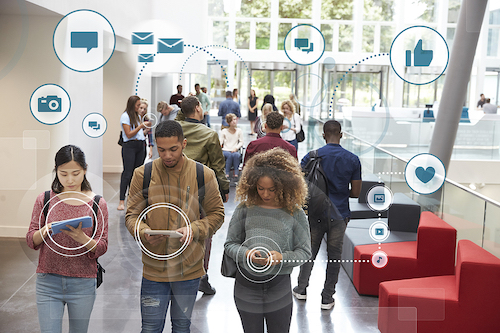March 30, 2025
by Elizabeth Pratt

Having optimism about the future may help people save more money.
Research published in the Journal of Personality and Social Psychology found that people who are optimistic tended to save more money and that was particularly the case for people in lower incomes.
[More]
December 18, 2024
by Elizabeth Pratt

Feeling lonely has a greater impact on sleep for college students than too much screen time.
Research from Oregon State University found that students with high levels of loneliness were more likely to have difficulties sleeping compared with less lonely students, regardless of their level of screen time.
[More]
October 29, 2024
by Patricia Tomasi

A new study published in the Journal of Nature looked at how dopamine dynamics are dispensable for movement but promote reward responses. “We tested whether rapid dopamine dynamics are necessary for the behavioral functions of dopamine,” study author Pascal S. Kaeser told us. “There is conflicting literature on each dopamine function as to whether it is mediated by fast and precise signalling or by slower, tonic signaling.”
[More]
October 8, 2024
by Patricia Tomasi

A new study published in Human Behavior and Emerging Technologies looked at how humans mindlessly treat AI virtual agents as social beings, but how this tendency diminishes among the young. “We were interested in understanding how people relate to AI tools, for example chatbots or smart speakers,” study author Jianan Zhou told us. “Such systems are pervasive nowadays and appear to be smart and well-informed to the typical user, which makes sense from the point of usability. The question this raises, however, is whether interaction with such systems can increase feelings of liking or sympathy towards them and lead us to behave much like we do when interacting with other humans.”
[More]
September 5, 2024
by Elizabeth Pratt

Scrolling through social media videos could increase boredom and make users feel less engaged with content.
Research published in the Journal of Experimental Psychology: General found that endless scrolling may make users feel less satisfied with the content they view.
[More]
August 26, 2024
by Elizabeth Pratt

Resilient people are more mindful and show neural activity in the brain regions associated with improved cognition and the regulation of emotions.
UCLA researchers found resilient people were also better at describing their feelings and had gut microbiome activity associated with a healthy gut.
[More]
April 30, 2024
by Elizabeth Pratt

The wording of social media posts and messages can be enough to influence how people feel about mental illness and mental health treatment.
Research published in the Journal of Clinical Psychology found that students in college felt more optimistic about the chances of successfully treating mental health issues after they read social media posts that showed a “growth mindset”.
[More]
April 29, 2024
by Elizabeth Pratt

Middle aged and older adults believe that older age starts later than their peers believed decades ago.
Research published in the journal Psychology and Aging found compared with people born earlier, those born later have a perceived later onset of old age.
[More]
January 28, 2024
by Elizabeth Pratt

Got a challenging goal you want to achieve? Getting angry may help.
Despite sometimes being seen as a negative emotion, research published in the Journal of Personality and Social Psychology has found that anger can be a powerful source of motivation for people to achieve their goals.
[More]
October 30, 2023
by Elizabeth Pratt

Children who are close to their parents early in life are more likely to be kind, helpful and prosocial when they grow up.
Researchers from the University of Cambridge found that children who had a strong bond with their parents early in their life were more likely to treat others kindly and act with empathy.
[More]